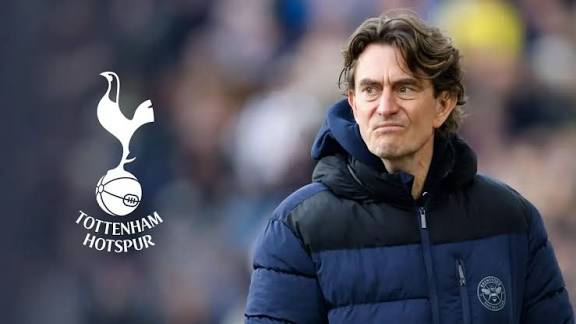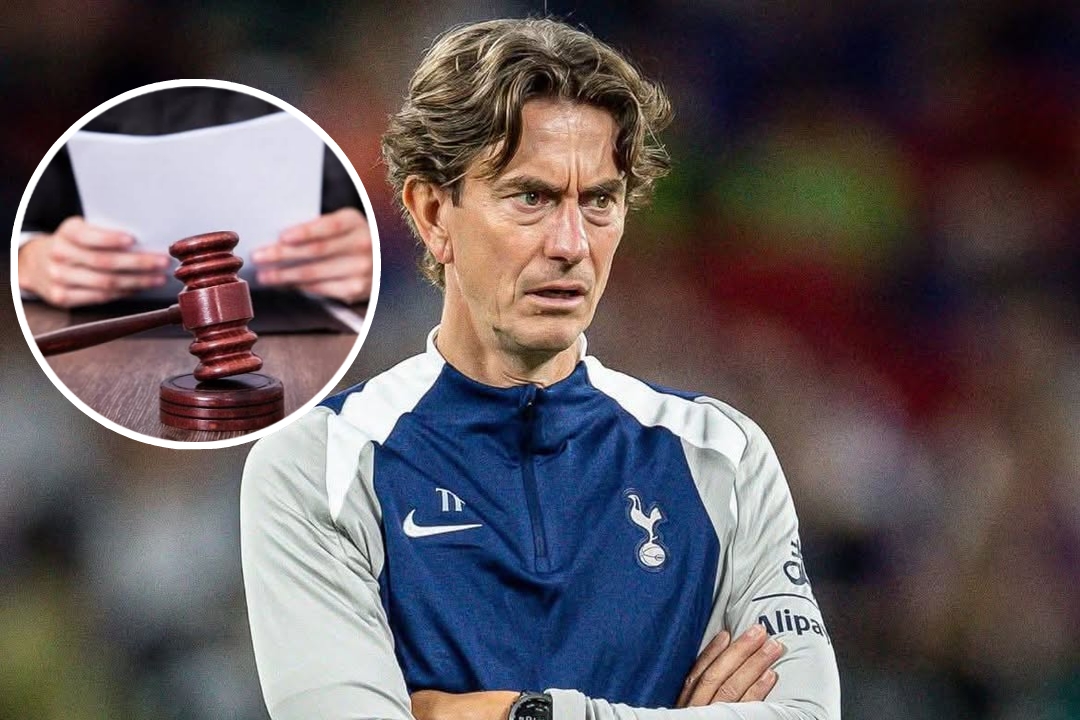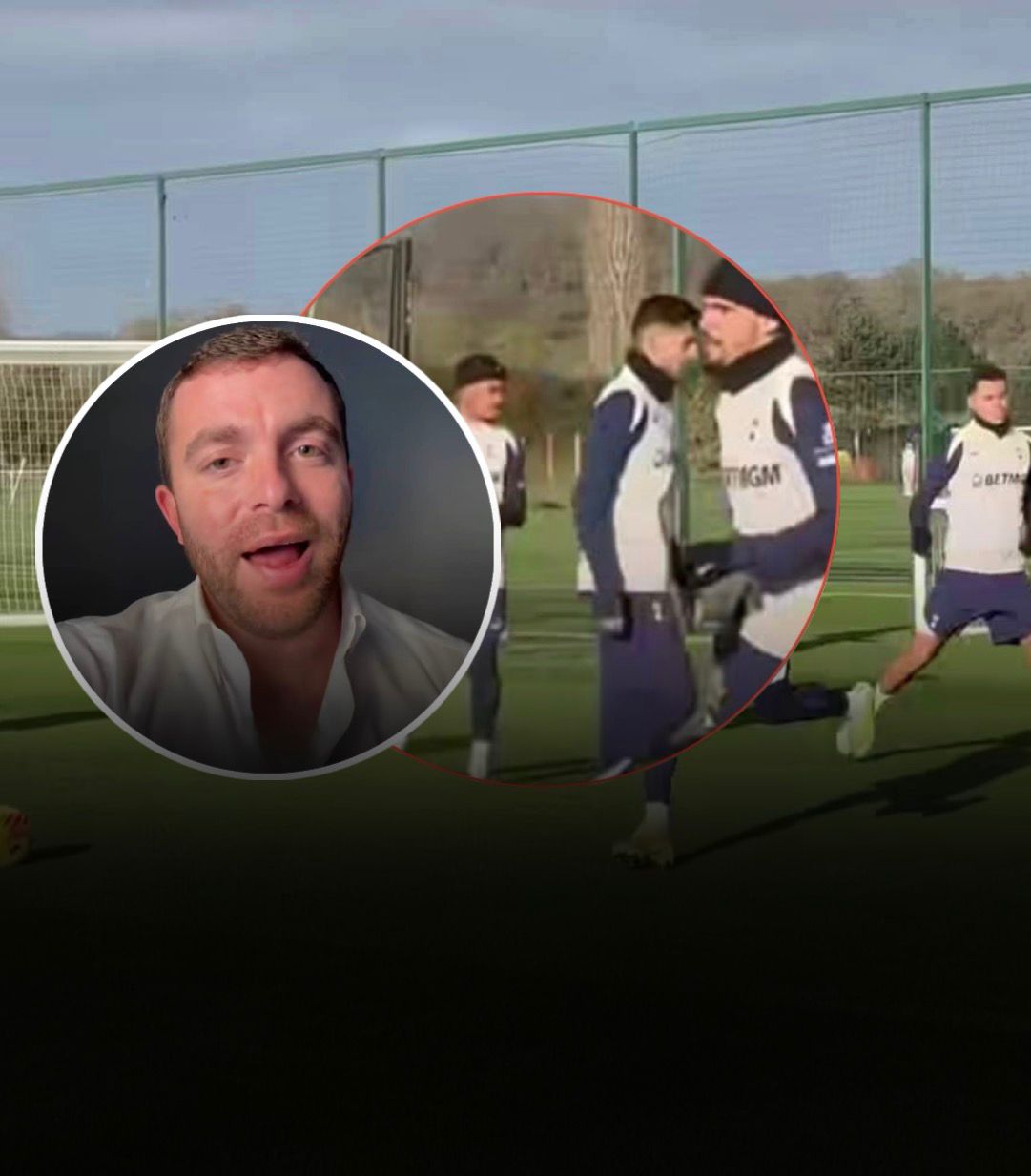DESPITE ALL MY HARDWORKING FOR THE TEAM I STILL DON’T KNOW WHY TOTTENHAM FANS DON’T LOVE ME ANYMORE,RICHARLSION REVEALED WHAT FANS COMMENTED ON HIS LAST INSTAGRAM POST
Tottenham Hotspur forward Richarlison has admitted he feels unloved by a section of the club’s supporters, despite what he describes as giving his all for the team. The Brazilian striker revealed that his most recent Instagram post, intended to share his commitment and positivity, instead drew a wave of negative comments from Spurs fans — leaving him questioning why his efforts on the pitch have not translated into appreciation off it.
“Despite all my hard working for the team, I still don’t know why Tottenham fans don’t love me anymore,” Richarlison confessed, responding to criticism that quickly went viral across social media platforms. His words have sparked heated debate among supporters and pundits alike, highlighting the fragile and complex relationship between modern footballers and their fanbases.
A High-Profile Arrival
When Tottenham signed Richarlison from Everton in the summer of 2022 for around £60 million, expectations were sky-high. Spurs fans saw him as a dynamic addition to an already formidable attacking lineup that included Harry Kane and Son Heung-min. His ability to play across the front line, his aerial strength, and his combative style were viewed as qualities that could help elevate the team.
Richarlison’s reputation was also bolstered by his performances for Brazil. He became a central figure in the national team, scoring decisive goals and even producing one of the most memorable moments of the 2022 FIFA World Cup with his acrobatic bicycle kick against Serbia. For Tottenham supporters, the hope was that the same flair and energy would soon light up the Premier League.
Yet football rarely follows a simple script.
The Struggles Begin
Richarlison’s debut season at Spurs was far from straightforward. While he worked tirelessly on the pitch, he found himself battling injuries that disrupted his rhythm. His effort and determination were evident, but goals were painfully scarce. In fact, he managed only one Premier League goal in the 2022/23 season — a statistic that quickly became the focal point of fan criticism.
Supporters, particularly in the Premier League, often measure a striker’s value by goals. For Richarlison, whose style of play also emphasizes pressing, hold-up work, and defensive contributions, the lack of goals overshadowed everything else.
Frustration grew as Tottenham endured a turbulent season, with managerial changes and inconsistent performances. Many fans began to question whether Richarlison could justify his transfer fee.
The Instagram Flashpoint
The latest controversy erupted after Tottenham’s recent match, when Richarlison shared training photos and a caption about persistence and hard work on Instagram. Instead of encouragement, his comment section was flooded with negativity.
Some fans accused him of not scoring enough, while others mocked his contributions compared to the departed Harry Kane. A few went as far as to suggest Tottenham should sell him.
For Richarlison, who has been open about his mental health struggles in the past, the barrage of criticism struck a nerve. He took the unusual step of publicly addressing his feelings, admitting he doesn’t understand why fans seem unwilling to support him despite his efforts.
Divided Fanbase
The response among Tottenham fans has been mixed. Some have rallied to Richarlison’s defense, pointing out his passion, his work rate, and his willingness to battle for the team even when the goals aren’t coming. These fans argue that his struggles stem more from confidence and fitness than from lack of effort.
“Richy always fights for the shirt,” one supporter wrote on Twitter. “He might not score as much as we want, but you can’t question his commitment.”
Others, however, remain critical, insisting that Tottenham need clinical finishing up front if they are to challenge for silverware and Champions League football. “Work rate is great, but we paid £60 million for goals,” another fan posted. “We can’t wait forever.”
This division reflects the broader pressures at a club like Tottenham, where ambition and frustration often coexist.
Managerial Backing
Tottenham manager Ange Postecoglou has defended Richarlison, emphasizing the importance of patience. The Australian coach praised the forward’s attitude and hinted that his contributions go beyond the score sheet.
“Richy is a player who gives everything for the team,” Postecoglou said recently. “His pressing, his energy, his link-up play — these are vital qualities. Of course, every striker wants goals, and they will come. But we value what he brings every week.”
Postecoglou’s support mirrors that of Richarlison’s teammates, many of whom admire his competitiveness and team spirit in training and matches.
The Mental Side of the Game
Richarlison’s openness is not new. In 2023, he admitted that he sought psychological support after going through personal struggles and losing confidence. His candidness earned him admiration for breaking the stigma around mental health in football.
Experts suggest that the latest episode highlights how difficult it is for modern players to escape the glare of social media. Unlike in previous decades, footballers now face real-time criticism from millions of fans worldwide. For someone like Richarlison, who wears his heart on his sleeve, this scrutiny can feel overwhelming.
“Players are under immense pressure not only to perform but also to maintain an image online,” said sports psychologist Dr. Laura Edwards. “When the feedback is harsh or hostile, it affects confidence. Richarlison’s comments are a reminder that even elite athletes crave acceptance and understanding.”
Searching for Redemption
Despite the challenges, Richarlison’s story at Tottenham is far from written. Football history is filled with players who overcame rocky starts to become heroes. Gareth Bale, for instance, endured criticism early in his Spurs career before becoming one of the Premier League’s most iconic talents.
For Richarlison, the path to redemption lies in turning effort into goals. Strikers live and die by their ability to score, and a consistent run of form could quickly change perceptions. Fans are often quick to criticize, but they are equally quick to forgive when a player begins delivering decisive moments.
What This Means for Spurs
The Richarlison episode also raises wider questions for Tottenham as a club. It exposes the fragile balance between ambition, expectation, and patience. Spurs supporters, eager for trophies after years of near-misses, demand excellence from their players. But when criticism crosses into negativity, it risks alienating those very players.
The club must also consider how to support individuals facing public scrutiny. Footballers are employees, but they are also humans navigating emotional and psychological challenges. Ensuring their well-being is increasingly recognized as vital for long-term performance.
Conclusion: A Plea for Love
Richarlison’s words — “Despite all my hard working for the team, I still don’t know why Tottenham fans don’t love me anymore” — strike at the heart of what it means to be a professional athlete today. It is a statement of vulnerability, of a man who has given his energy and passion but feels the bond with supporters slipping away.
Whether Richarlison ultimately wins over the Spurs faithful may depend on his ability to rediscover his scoring touch. But his admission also challenges fans to reflect: is loyalty only measured in goals, or can love also be shown for effort, heart, and resilience?
For now, Richarlison remains a player in search of both form and affection, standing at the intersection of expectation, criticism, and hope. His story at Tottenham is still unfolding — and perhaps, with time, the love he longs for will return.








Post Comment